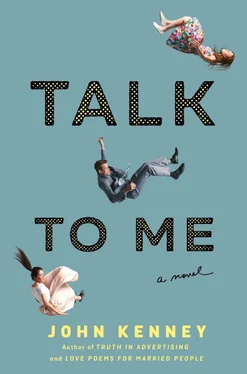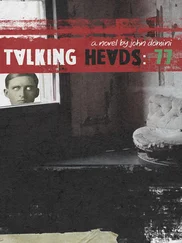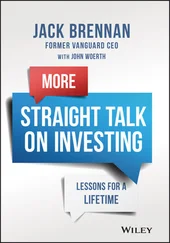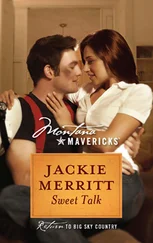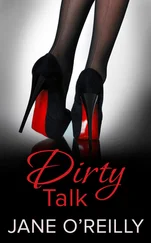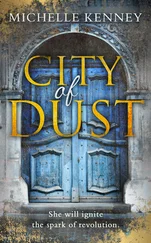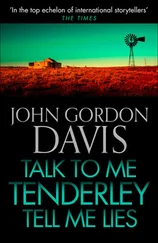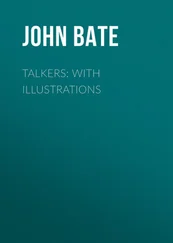• • •
They walked quickly now, through a key-card-access door that took them down a long corridor to the backstage of Roone Arledge Auditorium. Ted had met Roone once. A legend. Brought sports to prime time. Games used to be played only in the day. The man invented Monday Night Football .
Ted was watching Monday Night Football on the night of December 8, 1980, with his father, at home in Woonsocket. The New England Patriots versus the Miami Dolphins. Ted was working at WPRI as a news writer, just out of school. It was late, after 11:00. The Patriots were driving, the score tied.
Howard Cosell said, “We have to say it. Remember, this is just a football game. No matter who wins or loses. An unspeakable tragedy confirmed to us by ABC News in New York City. John Lennon, outside of his apartment building on the West Side of New York City, the most famous, perhaps, of all of the Beatles, shot twice in the back, rushed to Roosevelt Hospital, dead on arrival. Hard to go back to the game after that news flash, which, in duty bound, we had to take.”
Ted and his father turned and looked at each other. The impossibility of it. The electricity of it. The house phone rang and it was Ted’s friend Rick, from down the street. He’d been watching the game.
“Are you watching this?”
He was watching. The nation was watching. They were hanging on Howard Cosell’s voice, his words. He told the nation. Imagine that. The enormity of that. Of the knowing before others. The responsibility of it. Of how you share news people will never forget. That knowledge. That power. Ted wanted to be that person.
• • •
They arrived at a large room backstage. Several students sat around a fortyish woman with long, wild, graying hair. She had olive skin and large green eyes and was the kind of woman who made you slow your pace in the street. Ted knew the face. Elena Wolff.
Elena looked up and smiled.
Margo said, “Elena. My God. They pelted us with pierogi.”
Margo and Elena hugged.
“At least they were fresh, not frozen,” Elena replied. Her entourage laughed as well. Ted noticed that there was a young man in the group. He was wearing makeup and a dress.
“Where are my manners,” Margo said, remembering Ted was in the room. “Ted, meet Elena Wolff. I’m sure you know her work.”
Elena beamed, a smile Ted mistook as flirtatious.
“Of course,” Ted said. “It’s a pleasure to meet you.”
“Ted,” Elena said, eyes squinted, an enigmatic look. So nice to meet you. Or, perhaps, Wow, you’re a cock.
Elena Wolff held a chair in women’s studies at Columbia and lectured on gender in journalism at the graduate school. She’d authored four or five books, all best-sellers, and routinely made the talk show circuit, where her easygoing style, quick wit, and sharp mind cut other guests to pieces.
“Elena’s filling in for Hugh Frankel,” Margo said.
“What’s that?” Ted asked.
“Should the talk go forward, we’ve taken the liberty of changing moderators.”
“What happened to Hugh?”
“The women reporters’ caucus felt that two white men onstage sent the wrong signal about the school, reporting, and the future of news.”
“Yes,” Ted replied, confused. “But the talk is titled, ‘News: Where We’ve Been.’”
“Fair point. But the ship has sailed.”
Elena stood and her entourage stood with her.
“Ted, if you’ll excuse me. This was a last-minute ask and I should prepare. I want to watch your YouTube clip again.”
• • •
Noisy college students began filing into the auditorium. Ted watched them from the wings of the stage. Elena was off in a corner, backstage, huddled with her staff.
Hugh Frankel appeared and walked up to Ted.
“Hugh,” Ted said.
They shook hands. Hugh looked pale.
“Ted, I’m so sorry.”
“What’s going on?”
Hugh had been a reporter for The Washington Post . He was maybe ten years older than Ted. He had covered the fall of the Berlin Wall as their Moscow bureau chief. Two Pulitzers. Now he taught a class or two, accepted a comfortable stipend, and tended a lovely garden on weekends with his wife at their home in Stonington, Connecticut.
“The inmates are running the asylum. I just got off a conference call that would have made you vomit. They don’t want to do the talk.”
“But…”
“They want to make a statement.”
“To the press?”
“No. Ted. A political statement. They want to take a stand.”
“On what?”
“On you.”
Elena walked over, on her way to the stage.
“I’ll introduce you, Ted. Then we’ll chat. This is going to be fun.” She smiled and then walked onto the stage to huge applause.
“Ted,” Hugh said. “You’re about to be ambushed.”
• • •
Two massive screens sat behind her. On one, live tweeting. On the other, live commenting from the journalism school’s Facebook page.
“We live in an extraordinary time,” Elena began. “Perhaps all generations say that, but we are witnessing history every day. The speed of technology, the ability to communicate, the power of the masses to influence government and corporations, to map out the way we want to live, has never been more real.”
Applause and hoots. Tweets, real time:
Power to the people!!!
You tell them, Elena!
Fuck Ted and the old guard!
And on and on.
“This afternoon’s talk was originally titled ‘News: Where We’ve Been.’ But we know where we’ve been. John Cameron Swayze and a newscast sponsored by Camel cigarettes. He interviewed baseball players and they spoke about how they loved smoking Camels. David Brinkley and Chet Huntley and Walter Cronkite and Hal Winship. Now. The names I’ve listed. There isn’t a vagina among them.”
They laughed and cheered.
Hugh had gone. And now Ted waited alone. Who says the word “vagina” out loud? Ted wondered.
“Women in America,” Elena continued. “Women around the world. We are second-class citizens. Paid less. Asked to do more, in the home, at work, to look good, to look sexy, to be an object, to be quiet. And who demands this? Men. Men in charge of companies. Fewer than one in five members of Congress are women and yet we are fifty percent of the population. The vast majority are Democrats. Republicans simply won’t elect women to leadership roles. What about corporate America? Surely that’s a place where all you need is talent, right? Well, listen up, future journalists. This quote is from a recent issue of Fortune magazine. The headline: ‘Female Fortune 500 CEOs are poised to break a record in 2017.’ Wow, I thought. There’s hope. There’s change. Thank God. Except, in this country, in this time, ‘poised to break a record’ means that, out of five hundred CEO positions in America today…”
And here Elena Wolff, seasoned speaker, paused and looked out over her audience. “Twenty-seven. That’s less than five percent.”
Huge, sustained boos. The tweets coming in so fast they were tough to read.
“We need women telling our stories. We need gay men telling our stories. We need transgender people telling our stories. We need people of color telling our stories. Not just male reporters. Not blonde bombshells on Fox playing nice and sweet and showing off their legs, playing the cock tease. We need real women who have balls—yes, balls! For too long the world’s alt-history has been told to us by a single faction.”
Laughing and cheering.
Women with balls! Love it!
#WomenWithBalls
“Real women and men who are in touch with their female goddess to redefine how we tell our stories. War and violence and crime and poverty and inequality. That is what they have made. That is what they did with their turn at power. Destroy and demean. Double D. Precisely the bra size most men prefer.”
Читать дальше
